Caregiving is not a career I chose, it’s not an identity I sought out.
I kneel on the floor in order to better see and care for my son’s mic-key button, which is sore and oozing. My knees creak and groan as Ben wiggles and squirms in an attempt to get me to leave him alone. I pause, take a deep, cleansing breath and ask if he needs a hug. Of course, he does.
Caregiving is not a career I chose, it’s not an identity I sought out. Caregiving landed in my lap, but it’s my calling, an important and dignified one at that.
In the heathcare system, caregivers are the low folks on the food chain. Direct care is an entry-level position at the lowest pay grade and considered menial work. It doesn’t take an advanced degree to bathe a person. It doesn’t take a high level of skill to change briefs. Yet, this work is some of the most foundational and crucial to the well-being of a person with physical or intellectual disabilities or chronic medical conditions.
As a parent, I began referring to myself as a caregiver just a couple of years ago. My youngest son, Ben, has an intellectual disability and chronic medical conditions that combine for a high degree of daily care and a low ability to perform his care for himself. As such, one of my roles as his mother is attending to his needs of daily living, including medication administration, all hygiene needs, and a few medical procedures. It is easy to fall into a complacent attitude about the drudgery of these efforts, and at times I have. In the wee dark hours of the morning when changing briefs, I’ve been known to bemoan the task in front of me. When I do, the task feels worse, and I fail to see my son as the worthy human being that he is. But when I choose to view him through the lens of dignity, my efforts are elevated and the simple act of cleaning a bottom becomes a holistic experience for us both, enriching not only his physical health but his well-being.
This mindset of caregiving is something I learned from witnessing it.
When in the hospital it’s easy to see which medical assistants view their work as distinguished and honorable. They care for their patients with a certain reverence which ennobles their profession and the patients receiving their care. Watching these wise and gentle caregivers and benefiting from their quiet, virtuous strength, impressed on me a passion for my own calling and desire to care for my child with such inner strength.
Caregiving is not a role that I have chosen, but it is one that I have embraced. To the best of my ability, I choose each day to care for my child with reverence and gentleness, promoting his dignity and my own. I am proud of my role as a caregiving parent and proud to do my work with dignity and grace.

Alethea Mshar is a Special Needs Mom and Blogger.
Read her blog, Ben’s Writing, Running Mom
Follow her on Facebook






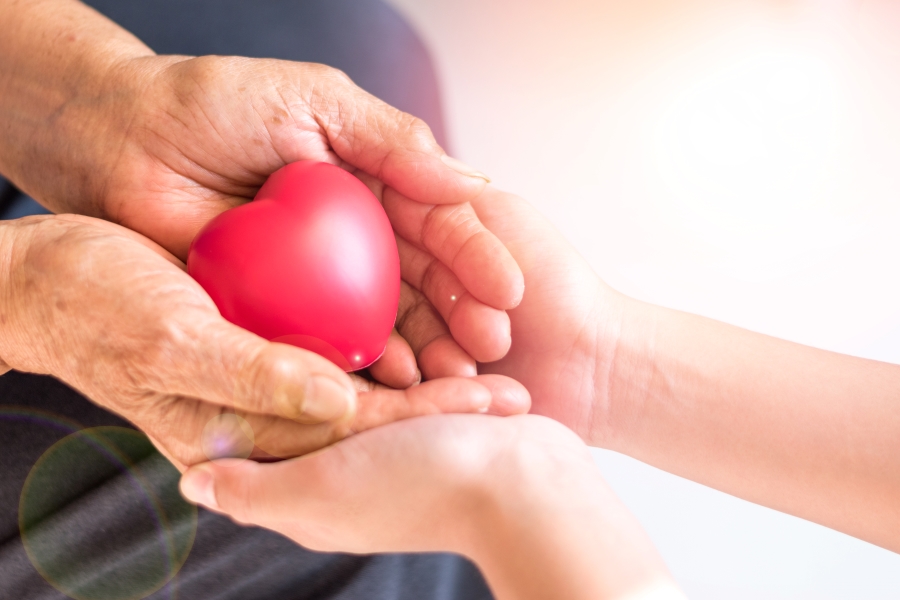





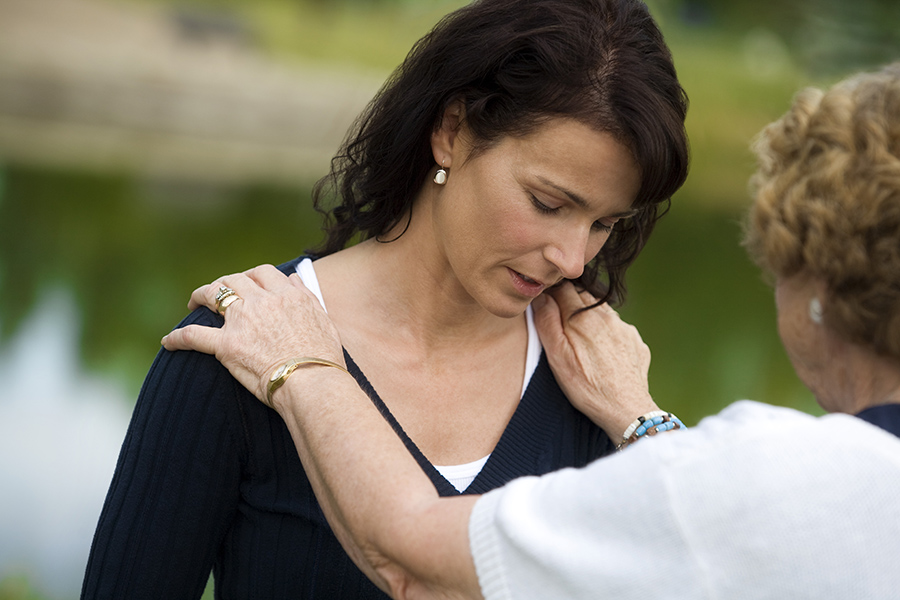

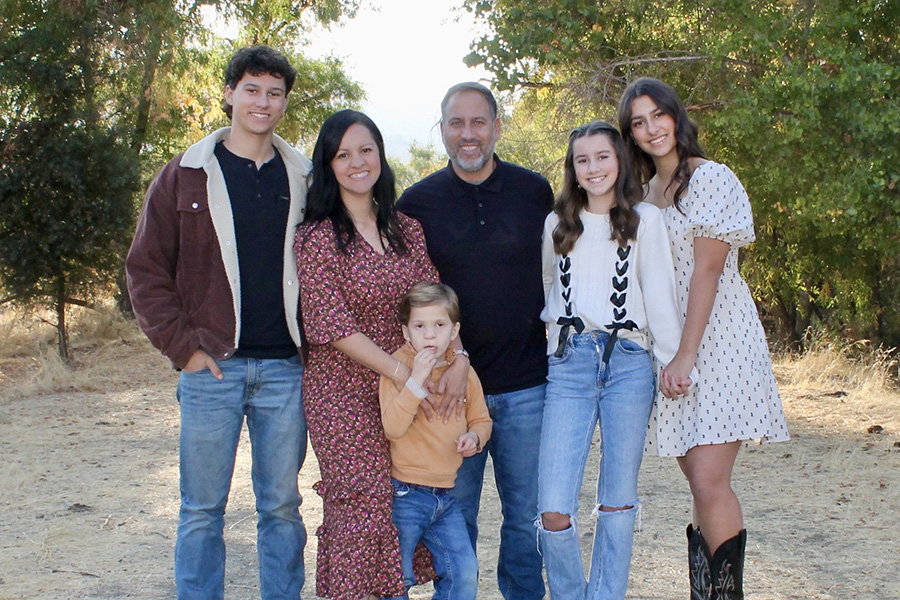
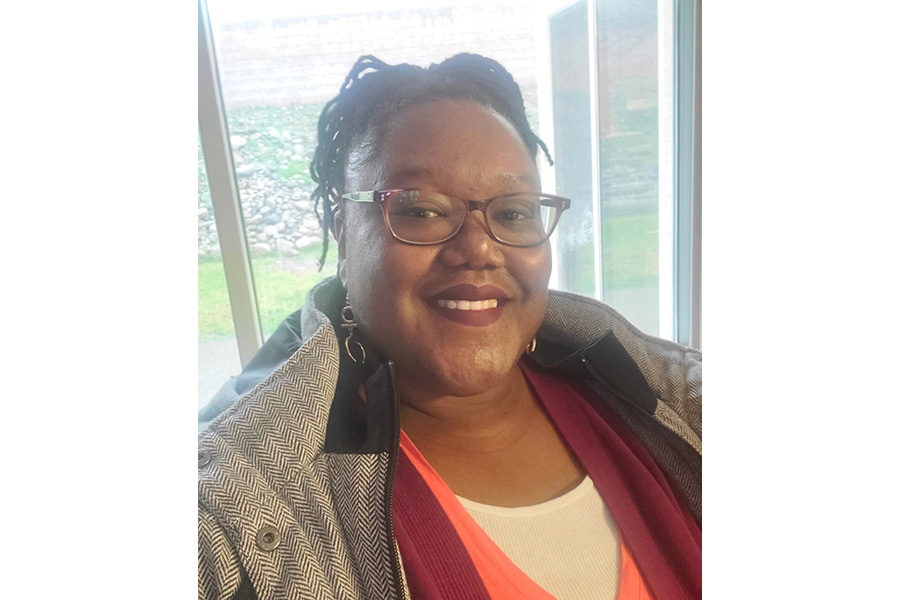


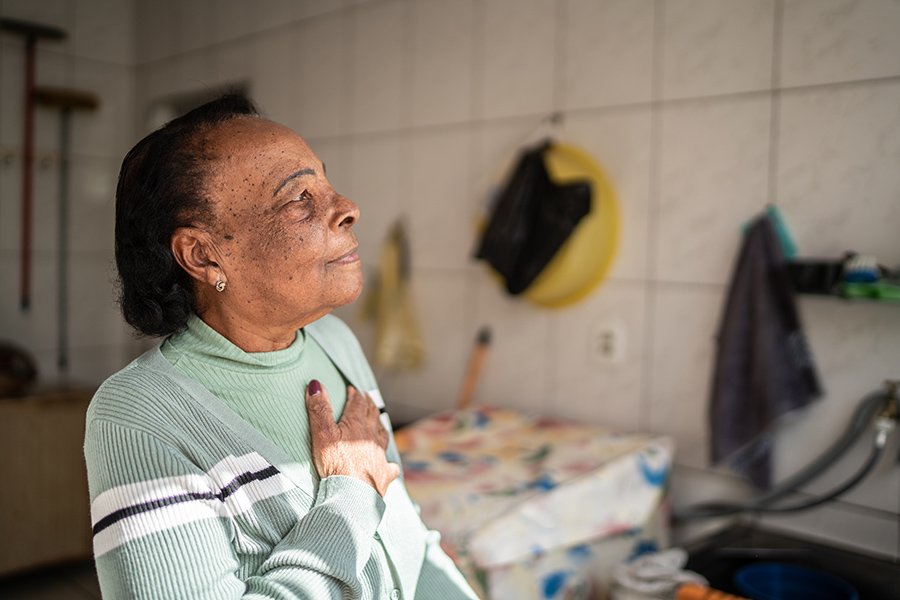
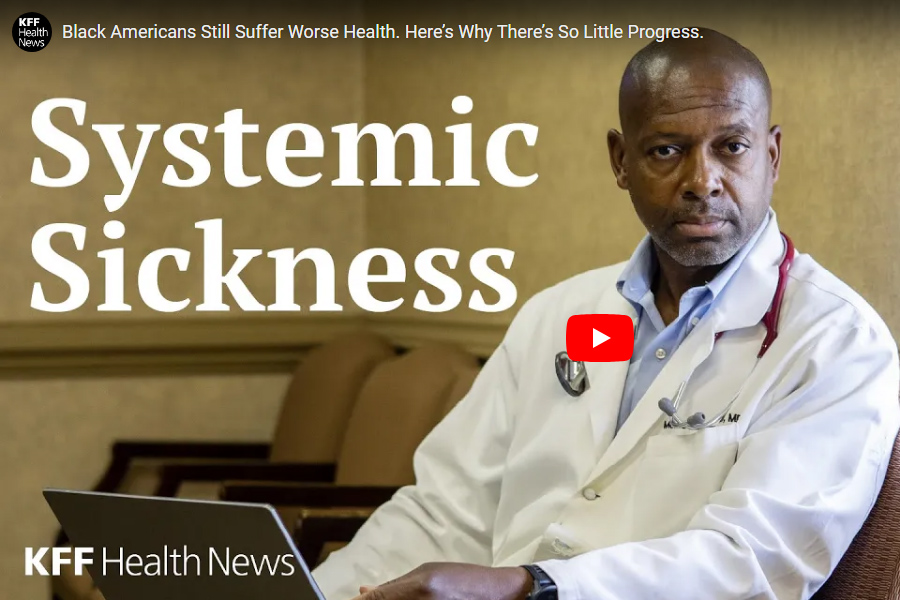



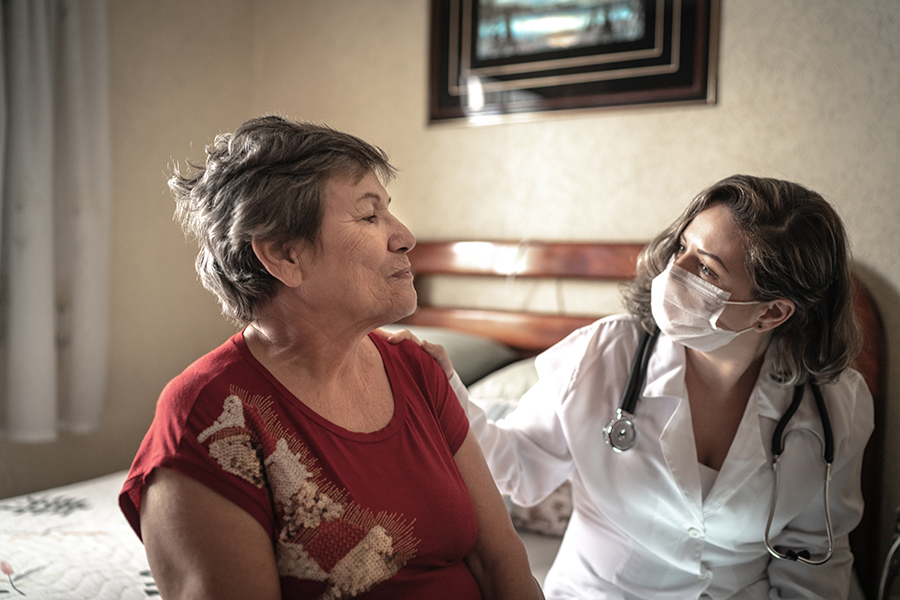
Thank you for this article. I also have a child with intellectual and physical disabilities and caring for her is a 24/7 job for me. This article gave me the encouragement I needed today! I want to give that mom a hug! Thank you so much!